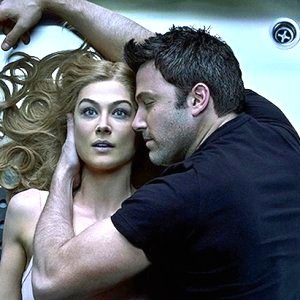Hollywood, district within the city of Los Angeles, California, U.S., whose name is synonymous with the American film industry. Lying northwest of downtown Los Angeles, it is bounded by Hyperion Avenue and Riverside Drive (east), Beverly Boulevard (south), the foothills of theSanta Monica Mountains (north), and Beverly Hills (west). Since the early 1900s, when moviemaking pioneers found in southern California an ideal blend of mild climate, much sunshine, varied terrain, and a large labour market, the image of Hollywood as the fabricator of tinseled cinematic dreams has been etched worldwide. The first house in Hollywood was anadobe building (1853) on a site near Los Angeles, then a small city in the new state of California. Hollywood was laid out as a real-estate subdivision in 1887 by Harvey Wilcox, a prohibitionist from Kansas who envisioned a community based on his sober religious principles. Real-estate magnate H.J. Whitley, known as the “Father of Hollywood,” subsequently transformed Hollywood into a wealthy and popular residential area. At the turn of the 20th century, Whitley was responsible for bringing telephone, electric, and gas lines into the new suburb. In 1910, because of an inadequate water supply, Hollywood residents voted to consolidate with Los Angeles.
In 1908 one of the first storytelling movies, The Count of Monte Cristo, was completed in Hollywood after its filming had begun in Chicago. In 1911 a site on Sunset Boulevard was turned into Hollywood’s first studio, and soon about 20 companies were producing films in the area. In 1913 Cecil B. DeMille, Jesse Lasky, Arthur Freed, and Samuel Goldwyn formed Jesse Lasky Feature Play Company (later Paramount Pictures). DeMille produced The Squaw Man in a barn one block from present-day Hollywood Boulevard and Vine Street, and more box-office successes soon followed. Hollywood had become the centre of the American film industry by 1915 as more independent filmmakers relocated there from the East Coast. For more than three decades, from early silent films through the advent of “talkies,” figures such as D.W. Griffith, Goldwyn, Adolph Zukor, William Fox, Louis B. Mayer, Darryl F. Zanuck, and Harry Cohnserved as overlords of the great film studios—Twentieth Century-Fox, Metro-Goldwyn-Mayer,Paramount Pictures, Columbia Pictures, Warner Brothers, and others. Among the writers who were fascinated by Hollywood in its “golden age” were F. Scott Fitzgerald, Aldous Huxley,Evelyn Waugh, and Nathanael West.
User Lists
Related lists from IMDb users





































































































































































Commenti
Posta un commento